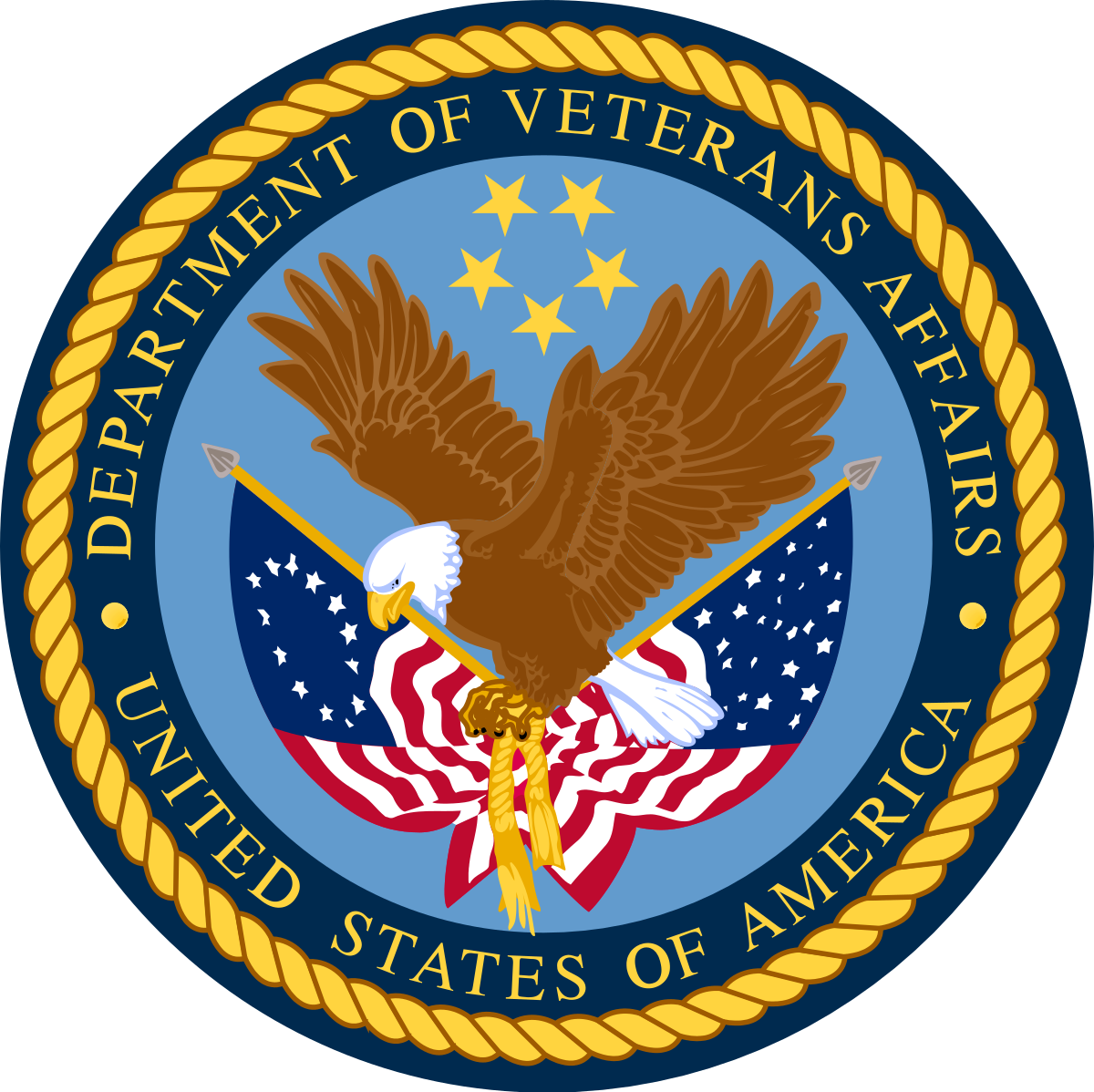The following is a press release from Congresswoman Katherine Clark’s office submitted to SOURCE media. Rep. Clark is a Democrat.
***
[broadstreet zone=”59982″]
WASHINGTON, D.C. – Today, April 7, Assistant Speaker Katherine Clark (MA-5) sent a letter with U.S. House Representatives Mark Takano, Chair for the House Committee on Veterans’ Affairs, Julia Brownley, Susie Lee, and Frank Mrvan to the Department of Veterans Affairs Secretary Denis McDonough expressing deep concerns over the sexual harassment of women veterans and employees at the Department of Veterans Affairs and inquiring about what steps the Department is taking to protect veterans and ensure accountability in the VA system.
The letter was co-signed by 49 U.S. House Members.
[broadstreet zone=”59946″]
“We are deeply troubled by incidences like the one that recently happened in Massachusetts where a woman veteran was intimidated and sexually harassed by a supervisor from the VA’s National Call Center. Using personal information, he improperly collected from her VA records, the supervisor called her via FaceTime from his personal phone. On the call, the employee commented on her appearance, asked about sexual preferences, and made potentially threatening remarks while urinating on camera. After the call, the veteran was unable to identify any centralized mechanism to report the sexual harassment. Additionally, the veteran continues to be completely in the dark regarding the safety and the security of her private information, as the VA employee had transferred her private information to his personal devices,” wrote the lawmakers.
[broadstreet zone=”59983″]
The members continued, “We urge you to create a centralized reporting mechanism for VA beneficiaries and designate sexual harassment and assault prevention coordinators so that veterans know where to turn when subjected to such degrading treatment when accessing care and benefits. Without a centralized system, not only will our veterans’ safety continue to be jeopardized, but we will not have the necessary data to help identify and address where and how this is occurring in the VA system.”
In 2018, the VA found that one in four women veterans and VA employees reported experiencing sexual harassment or assault at the VA, and a 2020 GAO report identified “inconsistent and incomplete” workplace sexual harassment policies at the VA. While there are policies and reporting mechanisms in place for VA employees reporting sexual harassment from other employees, there appear to be no comparable policies, centralized reporting mechanisms, or resources of any kind for VA beneficiaries who are sexually harassed or assaulted by VA employees or on VA property.
The full letter is available here.
[broadstreet zone=”70106″]
[broadstreet zone=”70107″]

